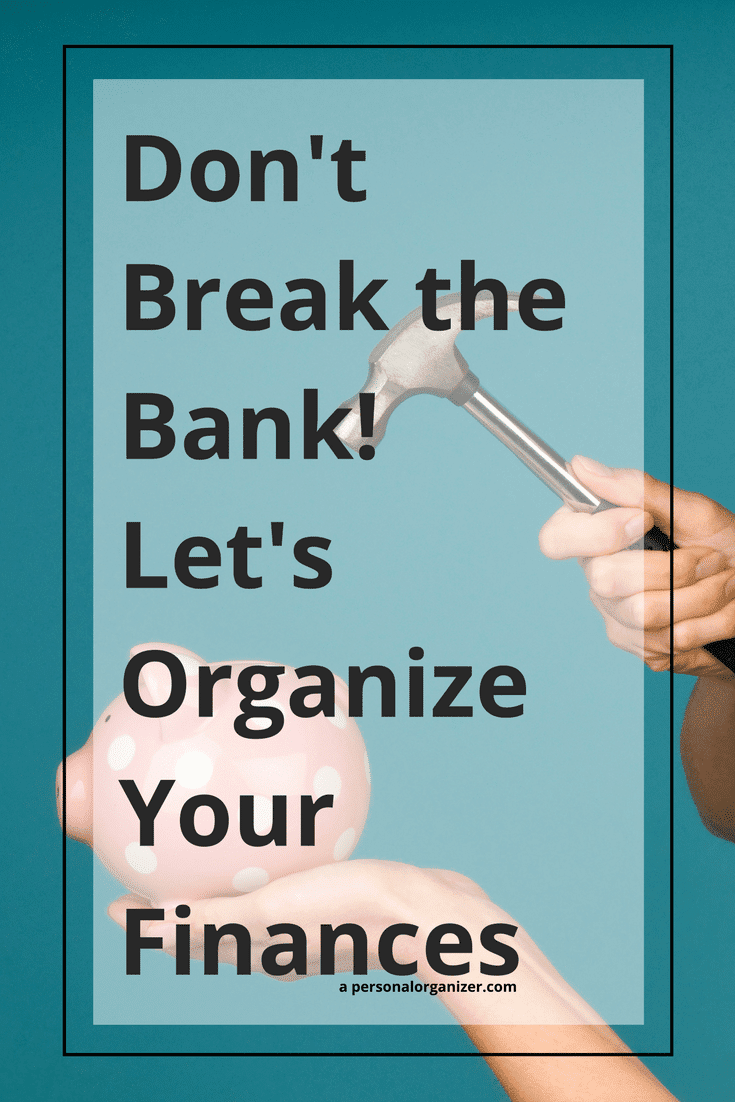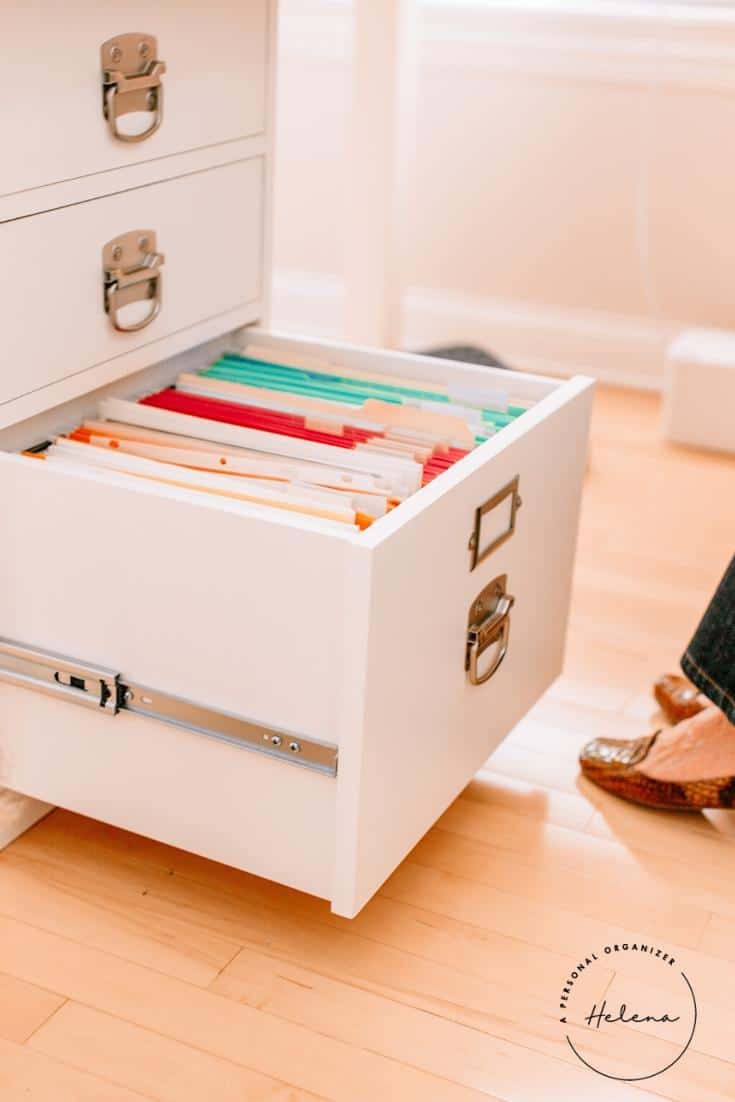4 Steps To Organizing Your Finances

Finance specialists tell us that we should have about six months of expenses tucked away in savings, yet fifty percent of Americans have less than one month worth of savings.
This lack of rainy day foresight can be dangerous.
Unemployment, illness, or even something as mundane as a misaddressed paycheck can send a person down the path of crushing debt and homelessness.
Getting your finances into order is the first step to creating a solid foundation of fiscal safety. You may be surprised how easy it is to get some money into the bank.
Keep A Journal
Before you can start cutting expenditures, you need to know how much you are spending and why.
For one month, write down every dollar you spend. Carry a little pad with you and be certain to jot down all of the little expenses.
Most people can recite the large expenditures like mortgage, car payments, and insurance. It is the small stuff that adds up and gives the biggest surprise. Each vending machine purchase or Starbucks run needs to be added to the journal.
Keeping a financial journal for the typical pay cycle of one month will give you an insight into the how much money you spend and your motivation for spending it.
Create A Balance Sheet
Budgets are nice but they only give you half of the picture. A balance sheet will give you the whole picture.
A balance sheet is an accounting tool that shows you how much you have, how much you owe, and how much is left over. Your assets are your income and any money you have in the bank.
Liabilities are all of the money you spend in a month according to your financial journal.
Your assets minus your liabilities gives you the amount left over, called your equity. If your liabilities are greater than your assets then start cutting to create your budget.
Budgeting is a good way to affect a quick fix, but remember that there are two sides to the balance sheet. Your best strategy is to increase your income.
Cash First Then PayPal
Keep one credit card, using it for no more than $25 each month.
Pay the card off every month to increase your credit rating. Beyond that, try to pay in cash or money order.
A study showed people spend up to 18 percent more when they pay with a credit card. For the things that you *need* to use plastic on, like online shopping, use PayPal. Cyber-security company LifeLock recommends it as a safe way to make purchases on the Internet in an article on safe shopping tips.
Pay Yourself First
Wells Fargo Bank recommends organizing your finances so the first expenditure is to your savings.
Let’s be honest.
If your logic is that you will save whatever amount is left over at the end of the month, nothing will ever make it to the bank. Make your savings into your priority.
What are your favorite tips to save money every month and organize your finances?





